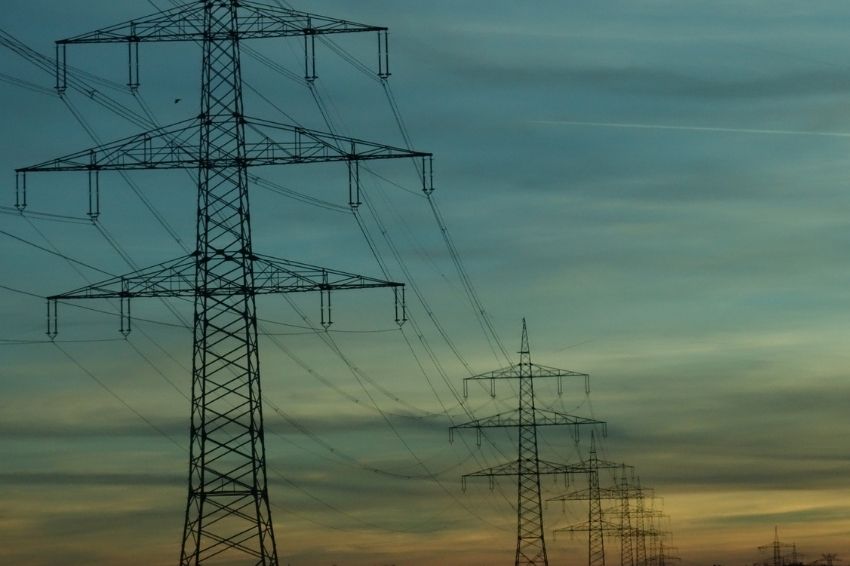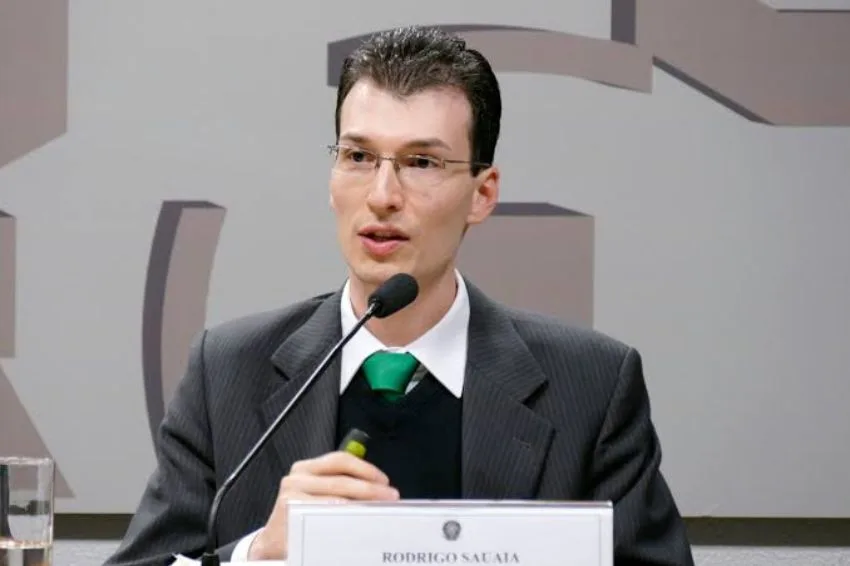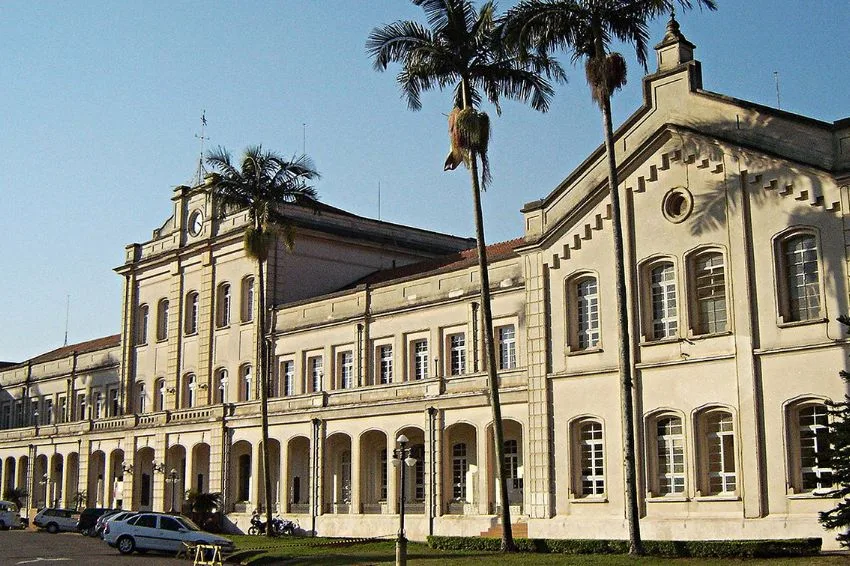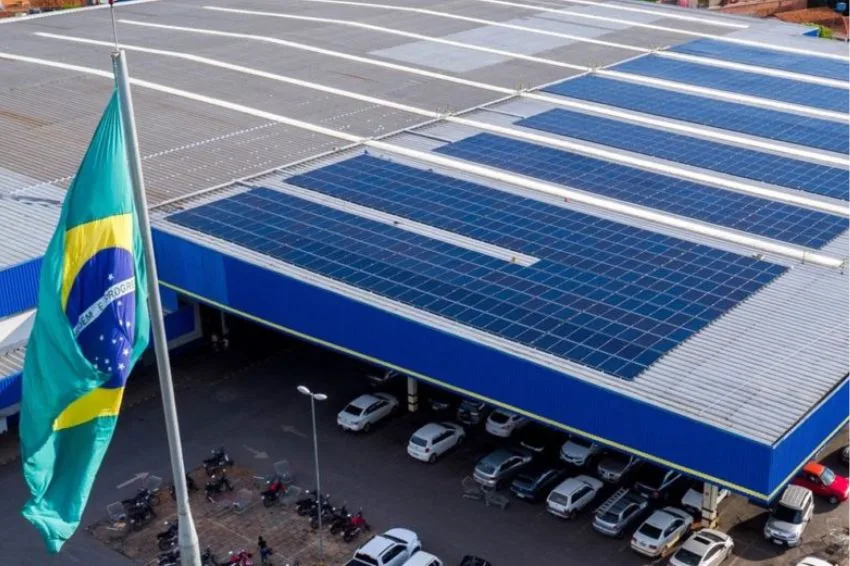A ANEEL (National Electric Energy Agency) approved a loan of R$ 10.5 billion to the electricity sector. The amount will be financed by a group of public and private banks.
The amount will be used to reimburse the amount paid by distributors that paid for the generation of energy by thermoelectric plants, which reached its peak last year during the biggest water crisis in the last 91 years.
It was decided that the CCEE (Electric Energy Trading Chamber) will be responsible for mediating the transactions.
The operation should avoid high adjustments in consumer tariffs in 2022.
The resources, however, will be paid from 2023, with interest accruing, which will increase Brazilians' electricity bills. Currently, electricity is one of the main “villains” behind high inflation in Brazil.
In February, the Solar Channel brought the information that the Agency had opened a public consultation to define business values. At the time, the entity was talking about promoting a loan of around R$ 10.8 billion.
According to ANEEL, the value was reduced by approximately R$ 300 million due, among other factors, to the elimination of dispatch costs from thermoelectric plants in the Northeast region, given the impossibility of transmitting energy from these generators to the South and Southeast regions.
The public consultation carried out by the Agency was open from the 4th to the 13th of February, and, during this period, 140 contributions were received, of which 43 were fully or partially considered in the decision.
Payment in installments
In the coming weeks, ANEEL will pay the first of the two agreed installments. The amount (R$ 5.4 billion) will be deposited in the CDE (Energy Development Account) and subsequently passed on to distributors, depending on the loss of each company due to water scarcity.
The value of the first installment will cover R$ 2.33 billion for the postponement of electricity bill charges by distributors and R$ 1.68 billion for the bonus for consumers who saved energy in the second half of last year.
R$ 790 million will also be paid for energy imports at the height of the water crisis, in July and August 2021; and another R$ 540 million from the negative balance of tariff flags that collected less than necessary.
The second installment of the loan – estimated at R$ 5.2 billion – will still undergo public consultation and there is no forecast of when it will be regulated by ANEEL. This installment will cover the cost of the emergency auction for contracting energy from thermoelectric plants for supply from May 1st this year.
What changes for the solar energy sector?
In an interview with Canal Solar, Artur Cantador Bernardo, commercial director of Dinâmica Energia Solar, a company that operates in the photovoltaic energy market, the loan announced by ANEEL of R$ 10.5 billion only favors the Brazilian solar sector.
This is because, the more expensive the electricity bill becomes, the greater the number of people who become interested in solar panels, in search of an alternative to save money.
“For the solar energy sector, this is a favorable measure, in quotation marks, because energy will continue to become increasingly expensive. So, the bill for photovoltaic systems will become even more attractive, with a good reduction in payback time (return on investments)”, he said.
Bernardo also highlights that a concern that the country needs to have is regarding the return of the dry period, starting in May. “If it doesn’t rain from May to September, I believe we could have a water crisis worse than last year,” he said.
“There is only one truth: due to global warming, if we want to have predictability in the Brazilian energy matrix, we have to invest in solar, which is the most predictable, cheapest and quickest energy generation to install among all the others”, highlighted.

















One Response
The whole world must invest in alternative energies and our country even more so. The question that arises is why a country with so much bioenergetic diversity continues to be lax in the use of technologies – such as photovoltaic capture – which can (and will) in a truly revolutionary way, improve the lives of everyone, especially the lives of the most vulnerable population?
Big hug
Bruno